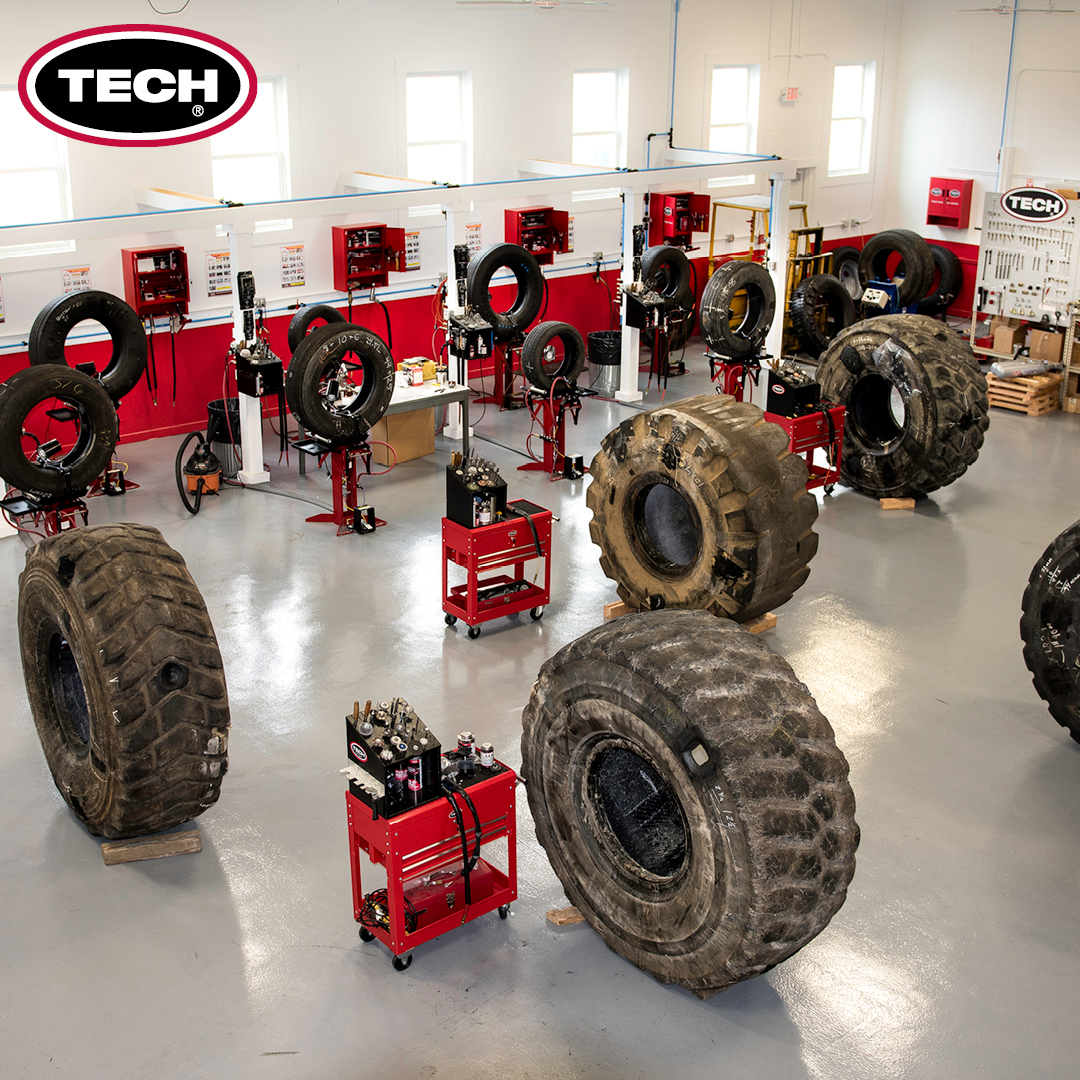Rev Up Your Drive with Morris Tire: Your Dependable Tire Shop Near Me
Rev Up Your Drive with Morris Tire: Your Dependable Tire Shop Near Me
Blog Article
The Ecological Benefits of Appropriate Tire Maintenance
Maintaining appropriate tire care is frequently overlooked, yet its influence on the atmosphere is extensive. From minimizing gas usage to lowering exhausts result, the advantages are far-ranging. Appropriate tire maintenance not only prolongs the life expectancy of tires yet also lowers landfill waste and adds to enhanced air quality. The interconnectedness of these advantages highlights the important role that basic maintenance methods can play in advertising environmental sustainability.
Reduced Gas Intake
Improving tire upkeep methods can lead to a considerable decrease in gas consumption for cars. According to the U.S. Department of Energy, underinflated tires can lower gas mileage by 0.2% for every 1 psi drop in pressure in all 4 tires.
Along with tire stress, normal tire turnings and placements additionally play an essential function in gas effectiveness. Erratically worn tires can enhance gas intake as the engine functions harder to maintain speed and traction. By preserving appropriate placement and rotating tires at advised intervals, chauffeurs can guarantee also use and lengthen the life of their tires, inevitably conserving fuel and reducing their carbon footprint.
Extended Tire Life Expectancy
Expanding the life-span of tires is an essential element of reliable automobile upkeep methods that can yield cost savings and environmental benefits over time. By properly keeping tires, motorists can substantially extend their usability, minimizing the regularity at which brand-new tires need to be manufactured and old ones thrown away. This not only preserves important resources yet also decreases the energy and emissions linked with tire manufacturing and disposal processes.
Routinely checking tire stress, turning tires, and ensuring proper alignment are necessary actions in prolonging tire life expectancy. Appropriate tread depth is vital for ideal grip and safety and security, yet it additionally contributes in how much time tires can be utilized before requiring replacement. Additionally, avoiding aggressive driving habits that accelerate tire wear, such as harsh braking and doglegs, can additionally improve tire longevity.
Inevitably, raising the long life of tires via aggressive upkeep not just profits the environment by reducing waste and conserving resources but also brings about set you back financial savings for car owners by delaying the requirement for new tire purchases.
Lower Emissions Result
Efficient tire maintenance techniques add to a reduction in discharges result, lining up with ecological sustainability goals in the automobile industry. By maintaining optimal tire pressure degrees, vehicle drivers can aid minimize these adverse ecological influences.
In addition, properly maintained tires additionally enhance traction and lower rolling resistance, additionally enhancing gas effectiveness. This, subsequently, lowers the quantity of exhaust gases launched into the ambience. Furthermore, ensuring tires are effectively blown up and aligned can expand the life expectancy of the tires, minimizing the frequency of tire substitutes and the connected ecological expenses of tire manufacturing and disposal.

Decreased Land Fill Waste
Provided the positive effect of appropriate tire maintenance on decreasing discharges outcome, one more considerable environmental benefit is the potential for decreased landfill waste. By making sure that tires are appropriately pumped up, lined up, balanced, and rotated routinely, their life expectancy can be considerably extended.

Improved Air Quality
Enhancing air high quality via proper tire upkeep practices is a vital aspect of lasting ecological stewardship. When tires are underinflated, they create a lot more moving resistance, resulting in increased fuel intake and higher discharges of harmful contaminants such as carbon monoxide gas and nitrogen oxides. Correctly filled with air tires not just improve gas efficiency however additionally decrease the amount of contaminants released right into the air.
Moreover, well-maintained tires with correct tread deepness and placement add to safer driving problems, lowering the probability of accidents that can lead to the launch of added contaminants right into the atmosphere. By expanding the lifespan of tires through regular maintenance and turning, less tires are disposed of too soon, reducing the environmental effect of tire disposal and production procedures.
Verdict
In final thought, correct tire upkeep provides various ecological advantages. It is necessary for individuals to prioritize tire upkeep as an easy yet effective means to secure the atmosphere for future generations.
Correct tire maintenance not just expands the life-span of tires however additionally lowers land fill waste and adds to enhanced air quality - tire tracks morris il. By keeping appropriate positioning and rotating tires at advised periods, drivers can ensure also wear and prolong the life of their tires, eventually conserving fuel and lowering their carbon footprint
By effectively preserving tires, vehicle drivers can dramatically prolong their functionality, reducing the frequency at which brand-new tires need to be produced and old ones disposed of.Regularly inspecting tire stress, turning tires, and ensuring correct alignment are necessary steps in prolonging tire life-span. Furthermore, making certain tires are effectively useful content blown up and aligned can expand the life expectancy of the More about the author tires, reducing the frequency of tire replacements and the associated ecological costs of tire production and disposal.
Report this page